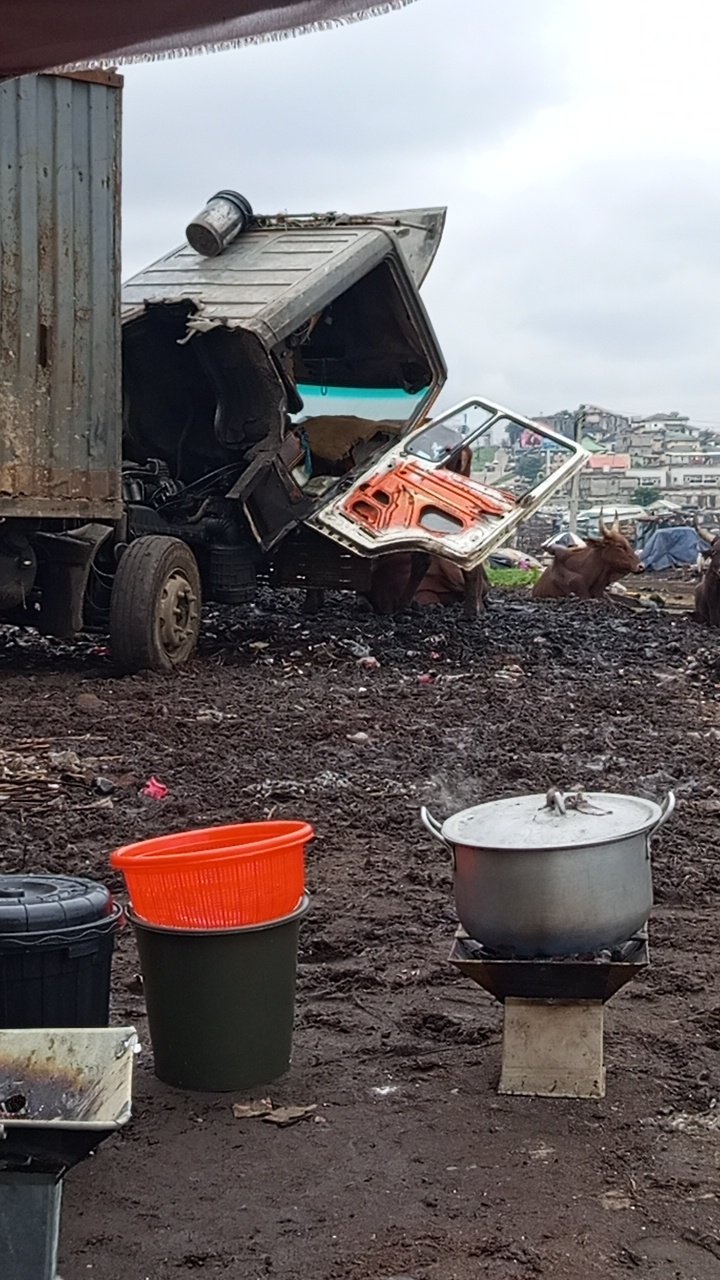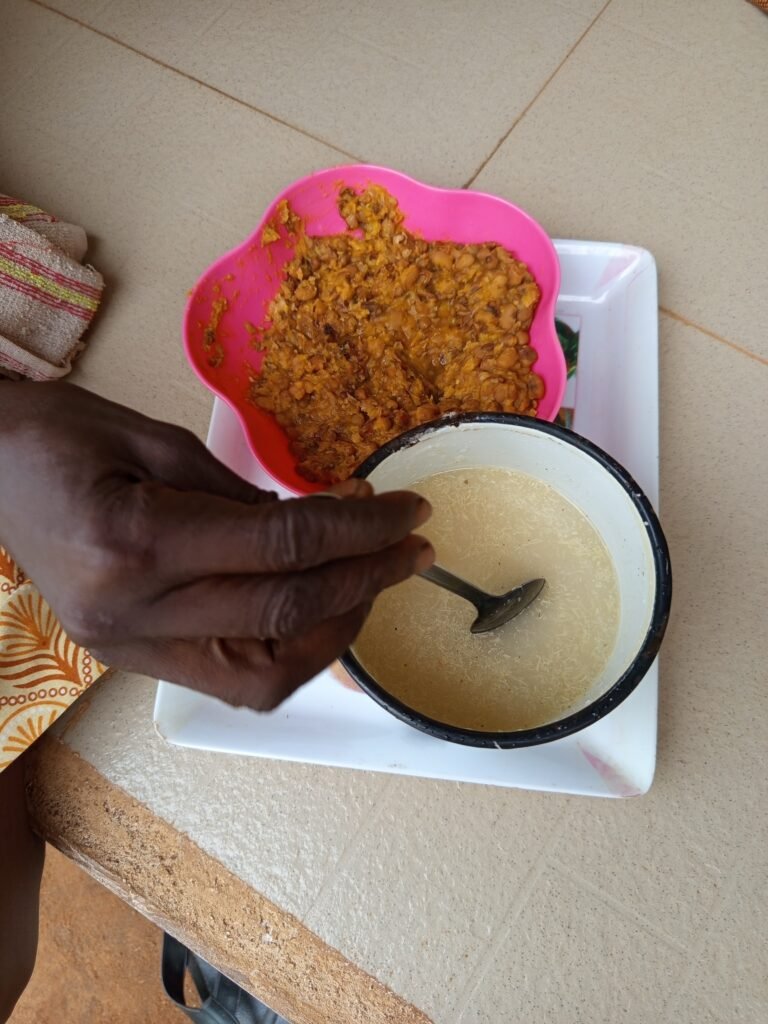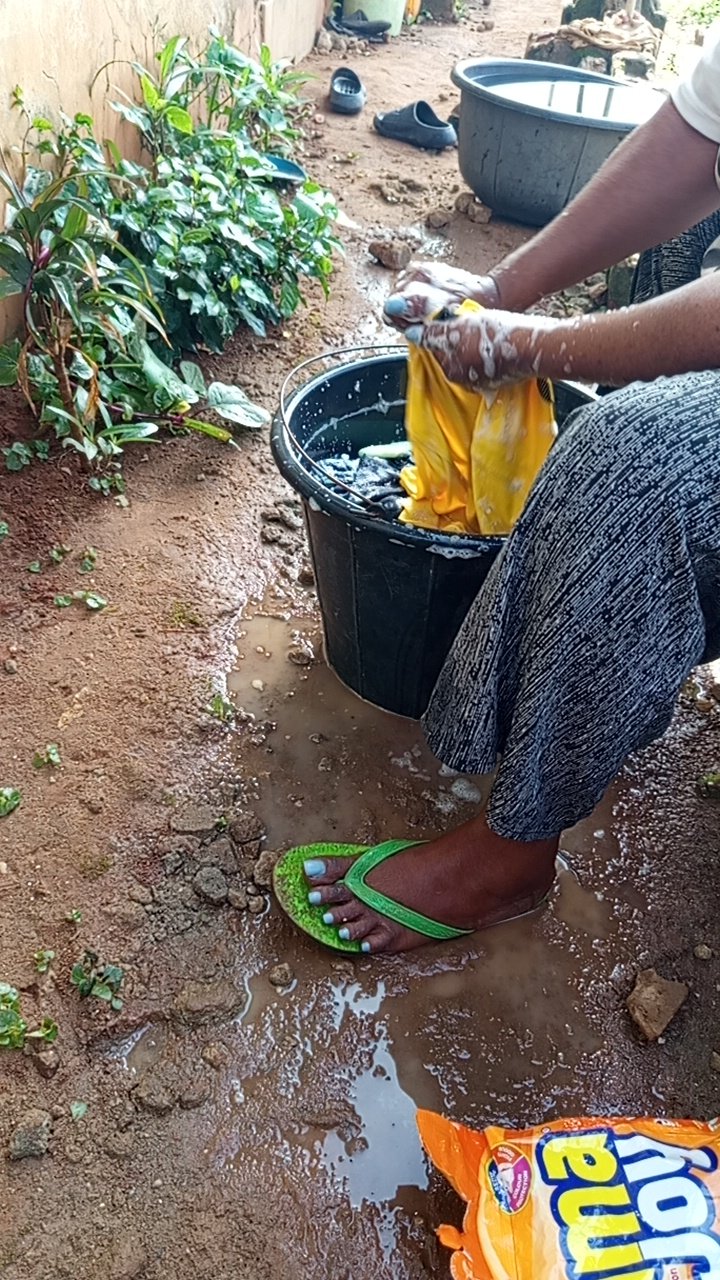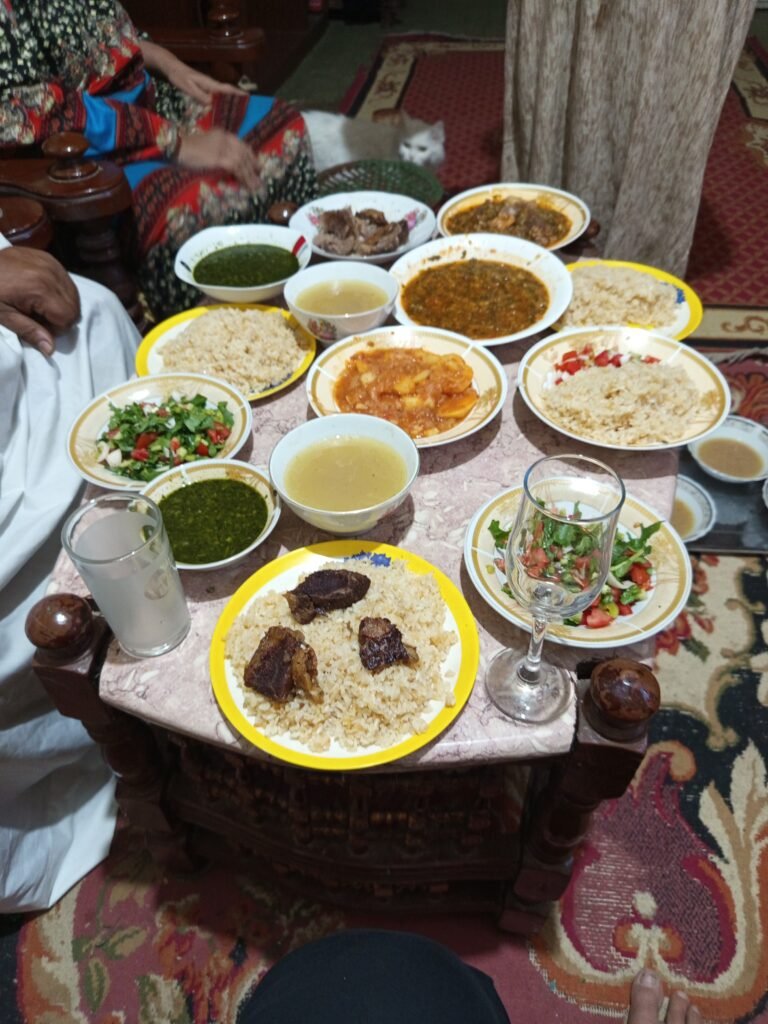Why many Nigerians lie – and why it’s not as simple as it seems
A personal reflection with cultural background
It took me a long time to bring myself to write this text. Because a question like “Why do Nigerians lie?” can quickly sound like judgment. But that’s not what this is about. What I want to share is an honest look at my own experiences, at conversations with people affected, and at what many others experience when they are closely connected to Nigerians – in marriages, friendships, or business.
Not all Nigerians lie. And not all Europeans tell the truth. But the question remains: Why does dishonesty in Nigeria often seem more frequent, more open, or more accepted?
👋 Thanks for being here!
This blog shows what others often leave out – honest, raw, from a different angle. If you value these unusual perspectives, your support helps me keep writing. Whether it’s once or regularly – every small gesture means a lot.
🫶 Thank you for helping voices like mine be heard.
I wanted to understand – not just with my mind, but also with my heart. And I invite you to join me on this journey.
1. Poverty as a root: When honesty becomes a luxury
In Nigeria, daily life is often a struggle for survival. Unemployment, lack of social security, inflation, and corruption place enormous pressure on people. In such contexts, the truth is often sacrificed – not out of malice, but out of necessity.
👉 A young man says he is a civil engineer – in reality, he carries stones on a construction site. Why? Because only then is he taken seriously.
When you have nothing, you have to get creative. And sometimes that means bending reality just to be seen at all.
2. Mistrust in society
Many Nigerians grow up in an environment where trust can be dangerous. Authorities take bribes, promises are broken, corruption is part of everyday life. That leaves a mark.
In such a climate, lying is often a defense mechanism – not to harm others, but to protect oneself.
“If I tell the truth, it will be used against me.” – This mindset is common.
3. The pressure to appear strong and successful
In Nigerian society, status holds great value. Those who appear strong, wealthy, or powerful are respected. Those who show weakness are overlooked or taken advantage of.
This leads many to promise more than they can deliver – out of fear of losing respect.
This is also noticeable in relationships:
- “I’ll come soon” – even though there’s no money for a ticket.
- “I’m ready for marriage” – even though financial insecurity looms.
4. Between truth and politeness – cultural communication
What is considered a lie in Europe is often part of a different communication style in West Africa.
Examples:
- “I’m almost there” doesn’t necessarily mean someone is nearby – but rather: I’m coming, please wait for me.
- “I love you” is said more quickly – often to keep a connection, even if the emotional depth isn’t there.
- Problems are not openly discussed because conflict is to be avoided.
This kind of indirect communication is not always meant to manipulate – it’s culturally shaped.
5. Corruption as normality
If you grow up seeing that only those who cheat succeed, that becomes your reality.
In a system where police, schools, and even hospitals are often corrupt, honesty loses its value – and people adapt.
6. What this means for relationships
Those married to a Nigerian man or woman often know the feeling: You don’t know what’s true and what isn’t.
It’s not always malicious – it’s just that in a culture with different values, people may lie where we expect openness.
Tips for dealing with it:
- Ask clear questions – without accusation if possible.
- Talk about cultural differences.
- Agree on shared values, instead of insisting on your own view of “honesty.”
7. How to stay safe in business relationships
Dishonesty can also appear in professional settings – for example with prices, deadlines, or agreements.
How to protect yourself:
- Put everything in writing.
- Avoid advance payments.
- Work only with verified partners.
- Secure contracts both locally and internationally.
8. Hope: Honest people do exist
Despite all challenges, I’ve met many Nigerians who are honest, loyal, and sincere – often precisely because they know how destructive lies can be.
You often find these people:
- in NGOs and humanitarian work,
- in church communities,
- among educators and activists,
- or simply: through patience and real listening.
9. Conclusion: Between reality, respect, and reflection
Nigerians don’t lie more or less than other people. They just live in an environment where honesty is harder. That doesn’t mean we must accept lies. But we can seek to understand them – without excusing them.
Respect grows where we try to understand without minimizing – and take our experiences seriously without generalizing everyone.
10. Frequently asked questions – briefly answered
Why do Nigerians lie in relationships?
Often out of fear they can’t meet expectations or will be left.
Why do Nigerians lie in daily life?
Often due to poverty, shame, self-protection, or social pressure.
Are Nigerians fundamentally dishonest?
No. There are honest and dishonest people everywhere – but Nigeria’s circumstances make lying more common.
How can I protect myself?
With clarity, written agreements, patience – and an open yet cautious heart.
📢 Share your story
Have you been in a relationship, friendship, or business with a Nigerian man or woman?
What did you experience? What hurt you – or surprised you?






